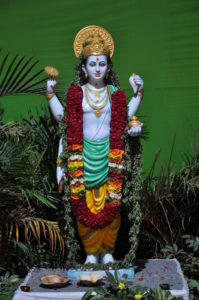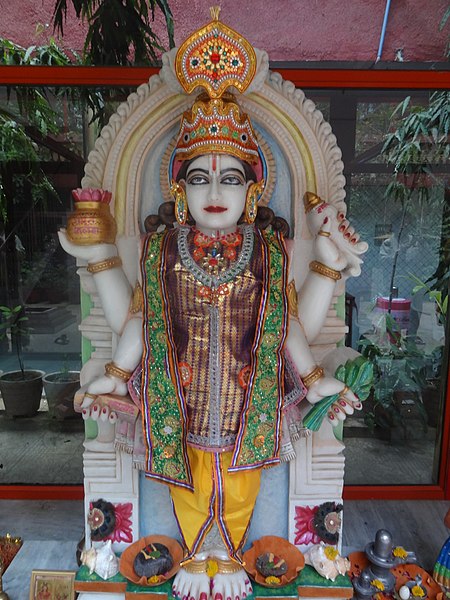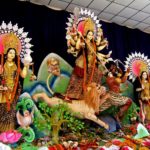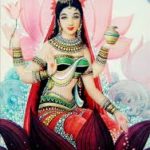Dhanwantari (Dhanvantari or Dhanvantri) is known in Hinduism as one of the first “doctors”. In the “Vedas”, which are the oldest examples of Sanskrit literature as well as being the oldest sacred writings, he is called the “physician of the gods”. As the god of “Ayurvedic” medicine, Hindus pray to him for continued or better health either for themselves or their loved ones. 
Dhanwantari’s domain of Ayurvedic medicine focuses on what is necessary to safeguard “ayus”, which means “life” or “life principle”, promoting healthy living in conjunction with achieving and maintaining an individual’s harmony in body and spirit as well as mentally and socially. It is also known for its sophisticated surgical practices.
One of the Erliest surgeons
Dhanwantari, aside from having to his credit many natural and herbal cures, is considered one of the earliest surgeons and may have been the trailblazer for many of the surgeries we know today, plastic surgery, to name one. However, as he did not practice anesthesia, his methods were more painful and used only in emergencies, as in the treatment of battle injuries.
The physician to the gods
In the sphere of Hindu mythology, this “physician to the gods” and perhaps the older brother to the goddess of wealth, Laxami, is considered as one of the incarnations of the god Vishnu, the “supreme god” and the lord of preservation. He is depicted as Vishnu, having four arms and carrying in one hand a container of “amrita, rejuvenating nectar, and in another a bunch of medical herbs, and is thought to have first come forth at “the churning of the ocean of milk”.
Those who practice Ayurveda celebrate Dhanwantari’s birthday two days before the Hindu festival called Deepawali, the Festival of Lights.
Sources:
http://www.sanatansociety.org/hindu_gods_and_goddesses/dhanwantari.htm






